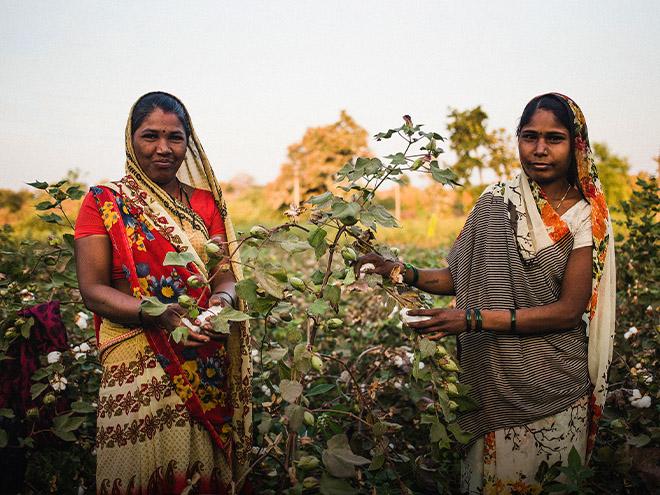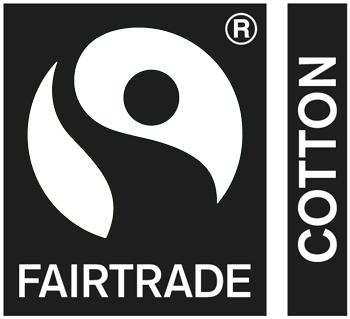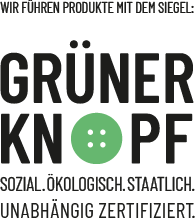Why we need your help
We produce sustainable fashion without compromises: 100% fairtrade and organic certified. However, we don’t stop here. As a sustainable fashion brand we have the responsibility to make decisions every day about how we can make our fashion even better beyond existing certifications. In this process we almost always choose people and the environment. And these decisions almost always result in additional costs: costs that have risen steadily since we were founded in 2014 and have recently jumped up significantly. The price increases for cotton alone were more than 50 percent last year.
It goes against our principles to raise prices across the board, because we want everyone to be able to afford sustainable fashion. That's why we let you decide for yourself whether you can and want to pay more for our MELA+ sustainability commitment
















